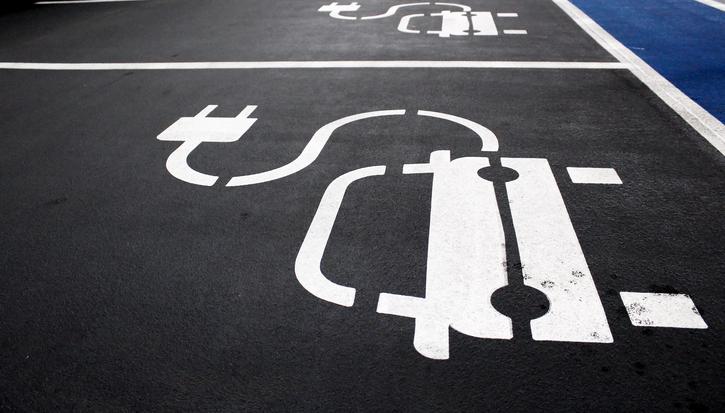In aid of India? Defining a positive role for the UK
Article
Business investment and personal remittances between the UK and India vastly outweigh the value of British government aid. These non-aid flows are crucial to people in both countries, and could provide greater benefits. This report recommends new approaches that the British government, British businesses, British investors and non-resident Indians based in Britain should adopt in order to enhance the impact of all these flows.
Given the outstanding development challenges facing India, the UK government's decision to end aid in 2015 looks both premature and politically motivated. Instead of ending aid at an arbitrary point in time, government should set out an 'exit strategy' for aid which specifies the development goals, relating to poverty and other objectives in recipient countries, to be met before aid is withdrawn. Ensuring that all stakeholders (including the British public) are clear about the rationale for exit is critical to this.
The government's sudden and unexpected changes represent a missed opportunity to reshape the UK's political debate on aid. With the right framework in place, India could provide an exemplar for how Britain eventually ends its direct overseas aid operations as countries grow and develop.
Related items

The homes that children deserve: Housing policy to support families
As the government seeks to develop a new child poverty strategy, it will need to grapple with housing – the single largest cost faced by families.
Powering up public support for electric vehicles
Tackling greenhouse gas emissions will only work if public support for action remains strong. That means ensuring tangible improvements in people’s lives and heading off any brewing backlash.
Assessing the economy
Over the past few days and weeks, there has been lots of rather histrionic commentary about the UK’s economic situation as if the budget has created an economic disaster from which we’ll never recover.